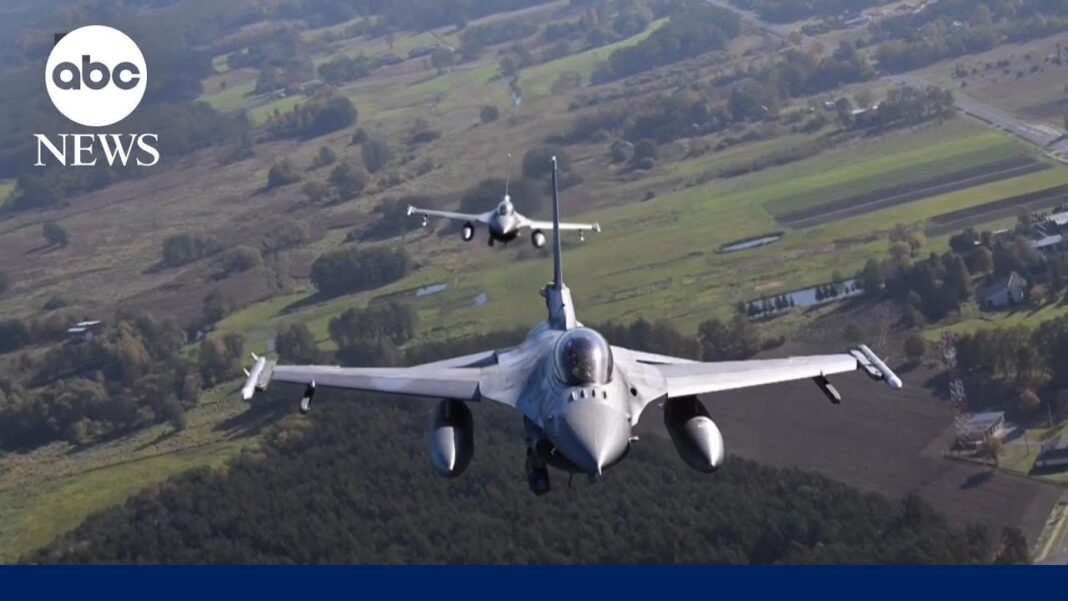The Department of Transportation will also sanction California by immediately halting the issuance of non-domiciled commercial driver’s licenses.
The federal government was so prompted by a spate of fatal big-rig crashes on U.S. roadways by truckers who aren’t legal American residents that Department of Transportation Secretary Sean Duffy on Sept. 26 announced an emergency action to restrict the eligibility of foreign-domiciled drivers to obtain commercial drivers licenses and learner’s permits.
The ruling was designed to strengthen regulatory oversight on the way states issue commercial drivers licenses, the the Federal Motor Carrier Safety Administration (FMCSA) said. A nationwide review launched in June by the agency found widespread non-compliance in multiple states, particularly California, Colorado, Pennsylvania, South Dakota, Texas, and Washington.
“Licenses to operate a massive, 80,000-pound truck are being issued to dangerous foreign drivers—oftentimes illegally,” Duffy said.
“This is a direct threat to the safety of every family on the road. Today’s actions will prevent unsafe foreign drivers from renewing their license and hold states accountable to immediately invalidate improperly issued licenses.”
According to the FMCSA, commercial drivers licenses had been improperly issued to drivers who didn’t meet eligibility requirements, and also to drivers whose eligibility to be in the United States had long expired. The review stems from five fatal semi truck crashes since January by non-domiciled commercial driver’s license (CDL) drivers—drivers who don’t reside in the state where their license was issued.
While the FMCSA establishes CDL safety regulations, training requirements, and hours-of-service standards, it’s the responsibility of individual state’s department of motor vehicles to administer those rules and issue commercial drivers licenses.
The Sept. 26 Transportation Department ruling strengthens FMCSA regulations in multiple ways. Eligibility for issuance of a CDL is now restricted to foreign citizens with lawful status to work in the United States either by holding an H-2A agricultural work visa, H-2B temporary visa, or an E-2 treaty investor visa. Those drivers also must provide a current passport and unexpired arrival/departure record.
At the state level, licensing agencies must query the Systematic Alien Verification for Entitlements (SAVE) system to verify the eligibility of CDL applicants and their documentation, the DOT said.
By Rob Sabo







